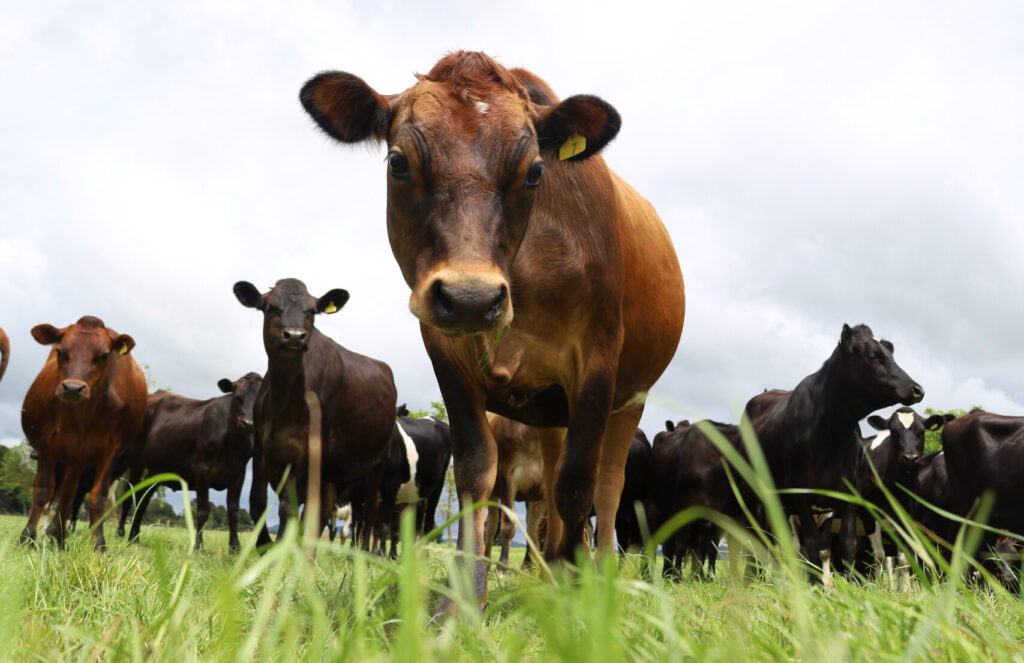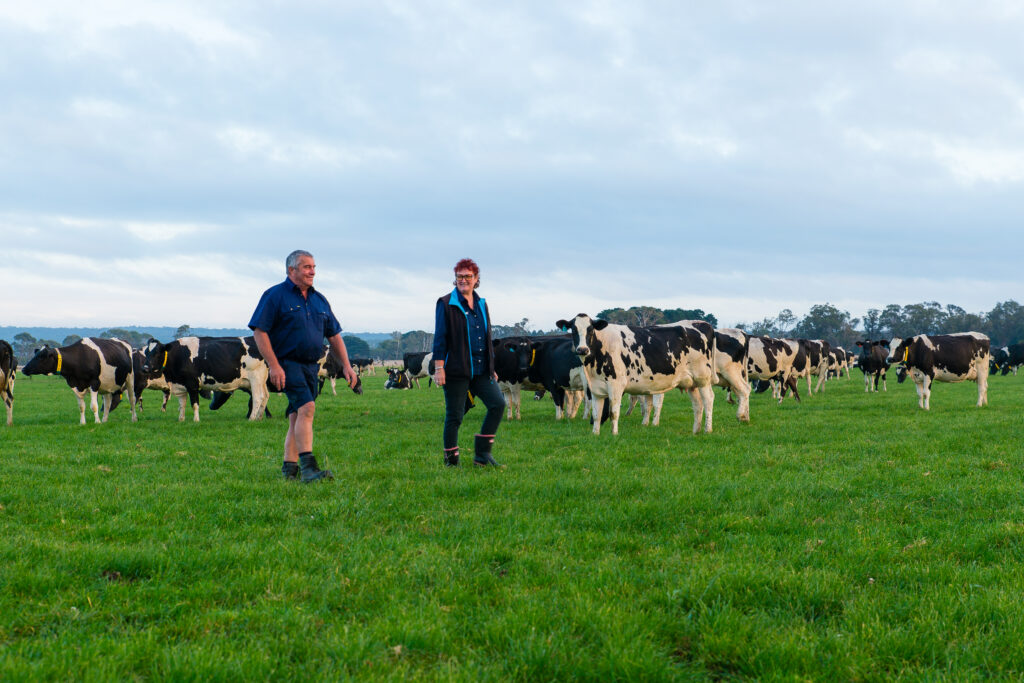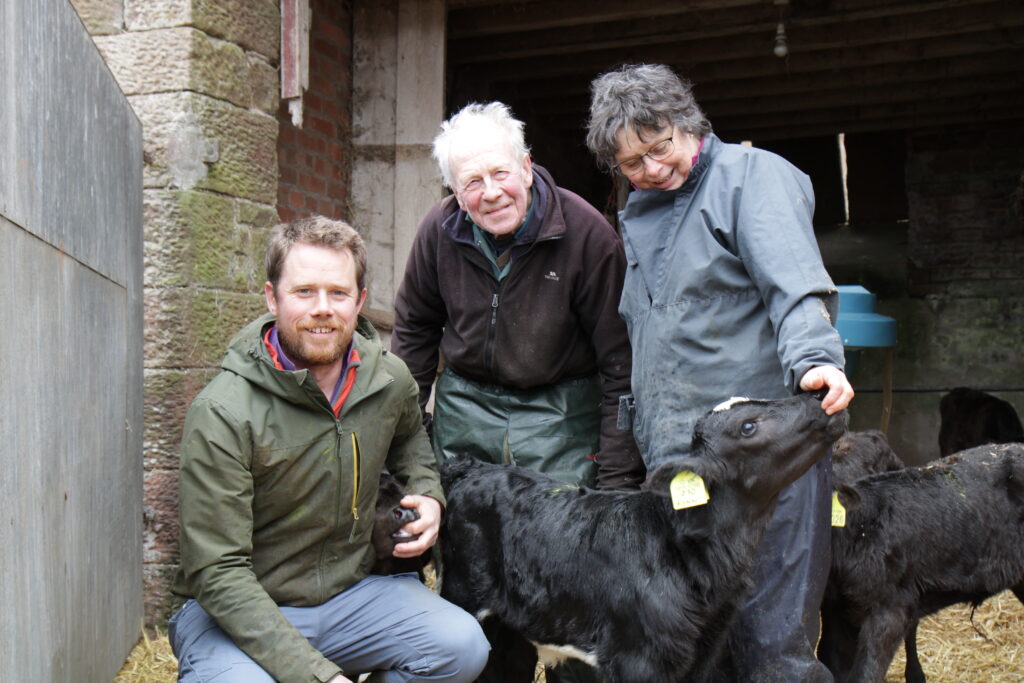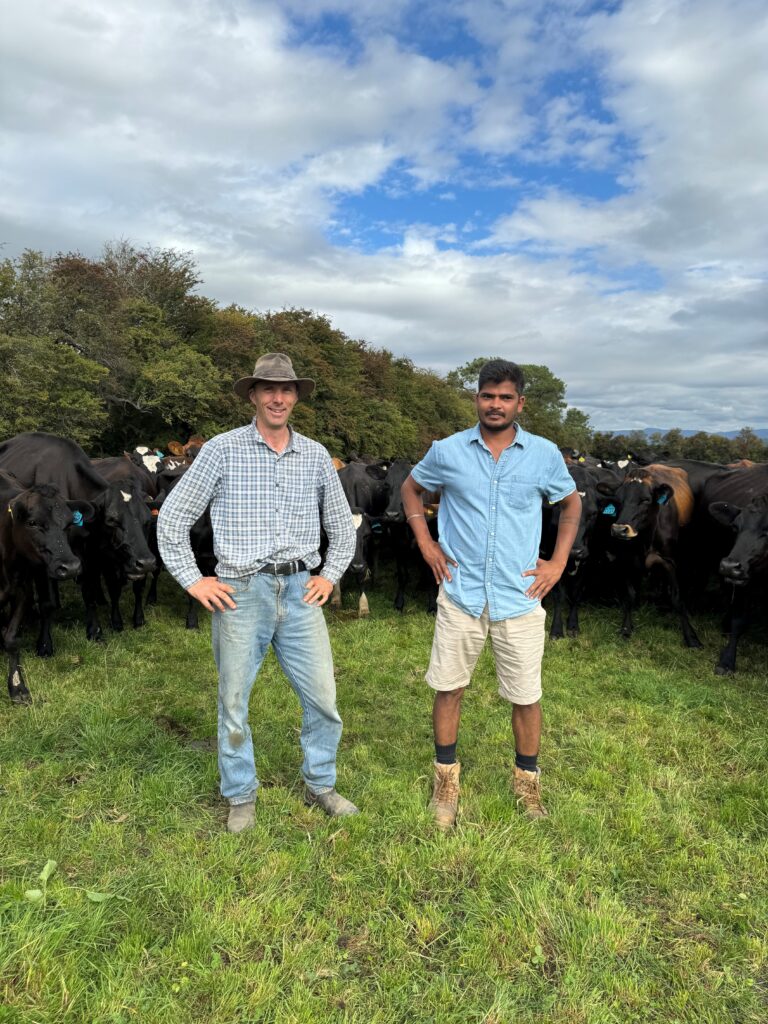Livestock Improvement Corporation (LIC) is embarking on a ground-breaking project aimed at breeding heat tolerant and disease resistant dairy cows for Sub-Saharan Africa, in collaboration with the global leader in precision breeding, Acceligen, and the Bill & Melinda Gates Foundation.
The initiative seeks to address food insecurity in the region by providing high-performing dairy animals to help grow sustainable dairy markets, contributing to improving human and animal welfare.
It will combine LIC’s expertise in breeding efficient dairy cows for pasture-based systems, with Acceligen’s cutting-edge gene editing capabilities to produce animals that can produce more milk than native species.
Speaking about the initiative, LIC Chief Executive David Chin emphasises the benefit of this global collaboration.
“This is a big one for LIC and we are proud to be involved. Collaborating with Acceligen allows us to work with the very best in the world, whilst showcasing our advanced breeding capability to global markets.
“The initiative supports us to stay at the forefront of the latest technologies and is an opportunity to leverage international expertise with positive benefits for the dairy sector.
“As a leader in pasture-based dairy genetics and a farmer-owned co-operative, LIC supports dairy farmers to navigate their unique challenges and, in particular, provide them with the right tools to breed the most sustainable and profitable herds, now and into the future.
Gene editing technologies could help give farmers even more tools to improve their productivity and efficiency – and that’s something we have to explore,” says Chin.
Embryos bred from LIC’s world-class pasture based genetics will be sent to the United States, where Acceligen will perform gene edits on the stem cells. The embryos will then be transferred into dams that will give birth to gene edited sires. The bull calves will be transported to Brazil for rearing. The semen will be collected from these sires and sold into Sub-Saharan African markets through a developed distributor network.
Locally, the New Zealand Government has committed to legislative change to enable the greater use of gene technologies, ending the effective ban on gene editing by the end of 2025. Chin says LIC is actively looking at the science and viability of adopting such tools for New Zealand farmers.
“As an organisation, we continue to explore gene editing as a breeding technology to ensure the co-operative stays current with this area of science so we can understand how the sector may adopt it in the future.
“LIC is supportive of tools that can enhance the productivity of the dairy sector and we are ready to adopt new technologies to meet the demands of a changing world.”
The project is funded by the Bill & Melinda Gates Foundation with a budget of $5 million USD ($8.3 million NZD). The organisation invests heavily in agriculture development to support farmers in Sub-Saharan Africa in their efforts to sustainably raise healthy, productive animals.
“LIC is a globally connected business and this is a truly global collaboration,” says Chin.
“We’re excited to learn from the best, help advance science and innovation in herd improvement, and improve outcomes for farming communities.”



